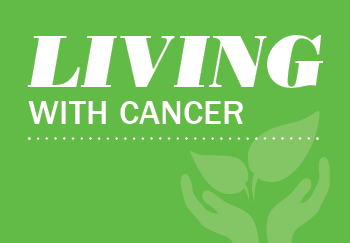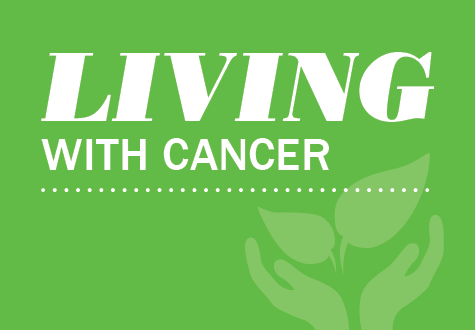
Essential oils are the natural fragrances made by plant cells. Using steam or pressure, these essences are released and stored as concentrated oils. If you have cancer, the best uses are to prevent illness and minor infections and manage treatment side effects.
Preventing Illness
Cancer treatment weakens your immune system, making you more prone to infections. Thyme and tea tree oils may help you prevent them. Research presented at the Society for General Microbiology found that thyme oil almost completely eliminated bacteria within 60 minutes. The research also suggested that thyme oil might be an alternative to antibiotics to treat MRSA, an antibiotic-resistant infection you may pick up in the hospital. A report in Clinical Microbiology Reviews confirms that tea tree oil has antimicrobial and anti-inflammatory properties. Research in the International Journal of Dermatology also found that tea tree oil speeds up wound healing and may protect against skin cancer.
Using them on your skin is a common avenue, although specific medical guidance is limited. These oils are highly concentrated and should always be diluted by blending them with a carrier oil, such as coconut or jojoba. It may be best to buy them premixed and ready for application. Talk with your doctor about using tea tree oil or thyme for skin problems like chemo rash. You can create a blend in a small bottle with a roller on top or just use a cotton ball to wipe the diluted oil over the affected area.
To assist with preventing infections, you can apply the diluted oils daily to your skin by blending a couple drops of your chosen oils (thyme or tea tree, possibly mixed with lavender or cinnamon) with a few drops of carrier oil in a small glass bottle. Apply this daily to the bottom of your feet or inside your wrist. You can also put a few drops of thyme oil in a steamy shower to help you manage a cold.
As well, prevent germs at home and in your hospital room by making a disinfecting spray. One quick recipe is 10 drops of tea tree oil, plus 4 ounces of rubbing alcohol (or vodka) or distilled white vinegar and 1½ cups of water. Mix in a spray bottle and use as needed. Spray doorknobs, toilet seats and other areas germs lurk. To make it smell nice, add a few drops of lavender or lemon oil.
Aromatherapy for Side Effects
Aromatherapy uses scents to help handle side effects like nausea and fatigue. Different scents are thought to help with different problems. For example, peppermint, spearmint and ginger are thought to help with nausea. Lavender is also commonly used to help with sleep or relaxation, says Prevention.
A study in Anesthesia & Analgesia found that people who received aromatherapy after surgery used less medication for nausea. Ways to use aromatherapy and essential oils for cancer include placing a few drops in a diffuser, mixing a couple drops with Epsom salts in a bath or placing a drop or two in a cup of steaming water and inhaling. You can even mix a couple drops with an unscented lotion and rub on your arms or the back of your neck.
Take care not to apply essential oils directly to your skin or ingest them. Some oils can interact with medications you’re taking, such as blood thinners. Always talk to your doctor before using these oils as treatment, and consider seeking out a certified aromatherapist.
